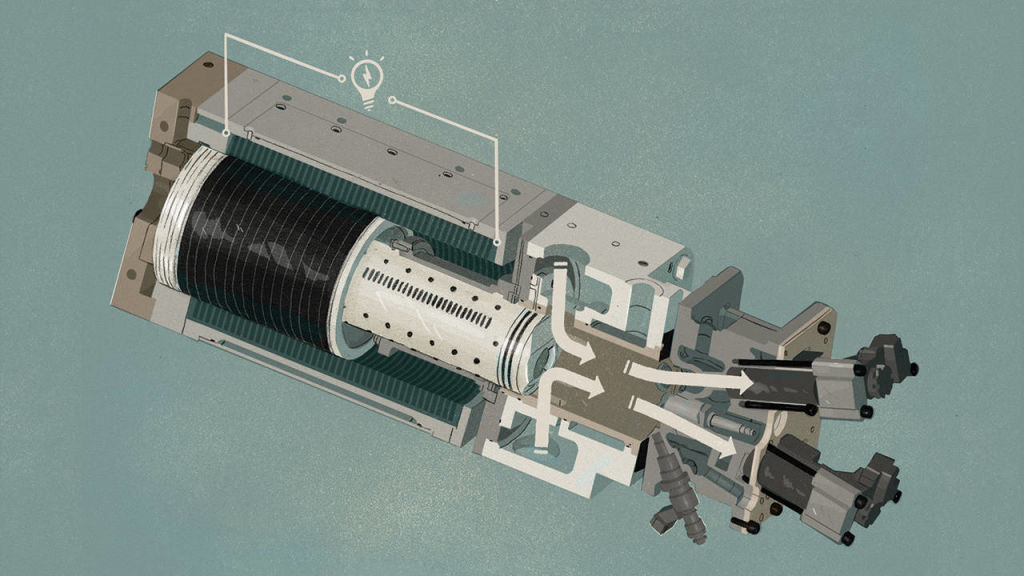MurrayM
Guru
Not much chance of deep sixing the generator just yet guys
Mule skinners used to laugh at them thar new fangled otto-moe-beels struggling through muddy wagon ruts too.
Today I could see one of these coming in handy on an energy efficient boat with low power demands when the wind isn't blowing and it's been cloudy for a couple days.
In the future...who knows?


